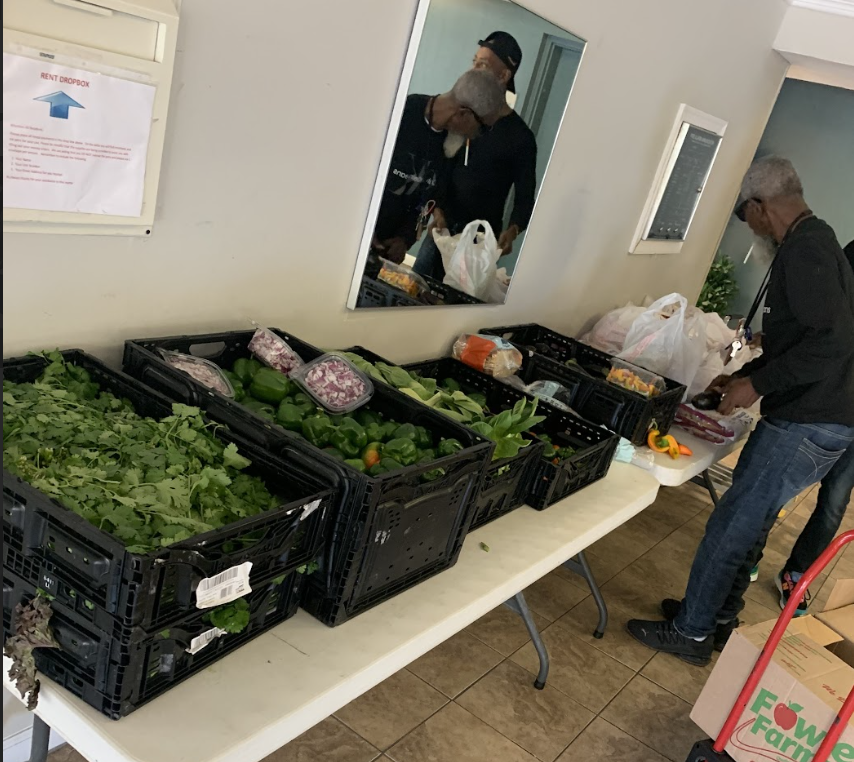
Access to food is a basic human right, yet many people around the world struggle with hunger and food insecurity on a daily basis. Food support services play a crucial role in providing nutritious meals to those in need, offering a lifeline from hunger to hope. These services not only help alleviate immediate food shortages but also contribute to improving overall health and well-being, empowering individuals and communities to thrive.
The Impact of Food Support Services
Addressing Food Insecurity
- Food support services help address food insecurity by providing access to nutritious meals for individuals and families facing financial challenges.
- These services play a vital role in ensuring that no one goes hungry, particularly in times of crisis or economic hardship.
- By addressing immediate food needs, food support services help alleviate the stress and anxiety associated with not knowing where the next meal will come from.
Promoting Health and Well-being
- Access to nutritious food is essential for maintaining good health and well-being.
- Food support services often focus on providing balanced meals that meet dietary guidelines and support overall health.
- By promoting healthy eating habits, these services help reduce the risk of chronic diseases and improve quality of life.
Empowering Individuals and Communities
- Food support services empower individuals and communities by providing resources and support to help them overcome food insecurity.
- By offering a helping hand during challenging times, these services foster a sense of community and solidarity.
- Through education and outreach programs, food support services equip individuals with the knowledge and skills to make informed food choices and lead healthier lives.
Types of Food Support Services
Food Banks
- Food banks collect, store, and distribute food to individuals and families in need.
- They rely on donations from individuals, businesses, and organizations to stock their shelves and provide food assistance.
- Food banks play a critical role in feeding the hungry and reducing food waste by redistributing surplus food to those in need.
Soup Kitchens
- Soup kitchens provide hot meals to individuals experiencing food insecurity, often on a daily basis.
- These community-based facilities serve as a gathering place where people can access nutritious food in a welcoming environment.
- Soup kitchens rely on volunteers and donations to prepare and serve meals to those in need.
Food Pantries
- Food pantries distribute food packages or groceries to individuals and families facing food insecurity.
- These resources typically include non-perishable items such as canned goods, pasta, and rice.
- Food pantries may also offer fresh produce, dairy products, and other perishable items when available.
Collaborating for Impact
Public-Private Partnerships
- Collaboration between government agencies, non-profit organizations, businesses, and community groups is essential for maximizing the impact of food support services.
- Public-private partnerships can help ensure that resources are used efficiently and reach those most in need.
- By working together, stakeholders can identify gaps in services, leverage expertise, and pool resources to address food insecurity effectively.
Sustainable Initiatives
- Developing sustainable initiatives such as community gardens, food rescue programs, and nutrition education workshops can help support long-term food security.
- These initiatives not only provide access to fresh, healthy food but also promote self-sufficiency and resilience within communities.
- By investing in sustainable solutions, food support services can create lasting change and build a more food-secure future for all.
Advocacy and Awareness
- Raising awareness about food insecurity and advocating for policies that address the root causes of hunger are crucial steps in creating a more just and equitable food system.
- Food support services can play a key role in advocating for systemic changes that improve access to nutritious food for all individuals and families.
- By amplifying the voices of those affected by food insecurity, these services can drive policy changes that lead to a more food-secure society.